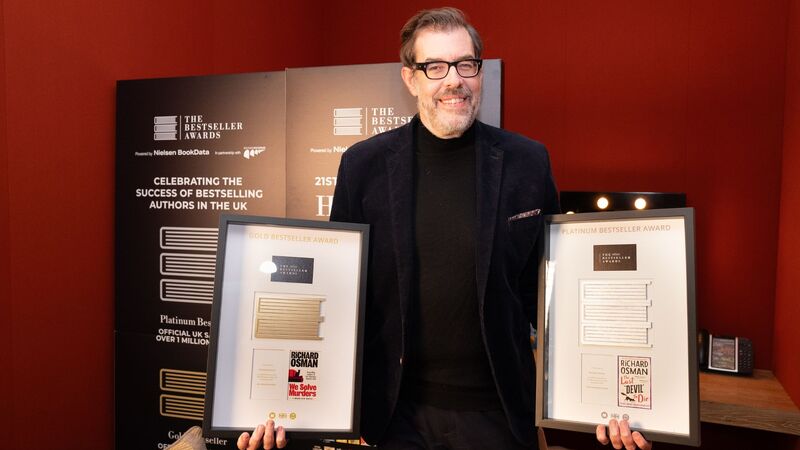You are viewing your 1 free article this month. Login to read more articles.
Mass walkout at Elsevier journal over 'unethical' fees
More than 40 scientists, including professors from Oxford University, King’s College London and Cardiff University, have resigned from the academic board of the brain-imaging research journal NeuroImage, published by Elsevier, over high publication charges.
The Bookseller understands academics pay an Article Publishing Charge (APC) of $3,450 (£2,735) to be published in NeuroImage, while for NeuroImage Reports it is $900 (£714) until the end of May, as part of an introductory offer for the new journal, and then it reverts to $1,800 (£1,427). NeuroImage is one of many journals that is Oopen Access rather than sitting behind a subscription paywall for readers.
The Observer reported the academics resigned over the “unethical” cost, which they claim bears no relation to the cost involved. Professor Chris Chambers, head of brain stimulation at Cardiff University and one of the resigning team, told the newspaper: “Elsevier preys on the academic community, claiming huge profits while adding little value to science.”
He has urged fellow scientists to turn their backs on the Elsevier journal and submit papers to a non-profit Open Access journal which the team is setting up instead.
He told the Observer: “All Elsevier cares about is money and this will cost them a lot of money. They just got too greedy. The academic community can withdraw our consent to be exploited at any time. That time is now.”
Academics write up their research, usually funded by charities and the public purse for free, and ‘peer review’ each other’s work to see if it worth publishing for free too, or a small stipend. They are then charged to publish in Open Access journals or universities could end up paying very high subscription charges. They usually put up with the charges because they want to publish in established journals that will be widely read, Chambers told the Observer, but said now “enough is enough” adding “by taking the entire set of editors across to start the new journal, we are taking the reputation with us".
A spokesperson for Elsevier told The Bookseller: “We value very highly our editors and are disappointed with the decision of the NeuroImage editorial board to step down from their roles, especially as we have been engaging constructively with them over the last couple of years as we transitioned NeuroImage to become a fully Open Access journal. In line with our policy of setting our article publishing charges competitively below the market average relative to quality, the fee that has been set for NeuroImage is below that of the nearest comparable journal in its field."
They reassured authors that “all submissions already in process will be handled appropriately to a final decision” and said that the journal “has already implemented measures to ensure the continuation of the high service levels for authors of new submissions”.
The spokesperson said: “NeuroImage has already appointed an interim internal editorial team while we transition to a permanent team that will follow the highly successful hybrid model of in-house/external editors.”
















